Table of Contents
Are Batteries Allowed in Carry-On Luggage?
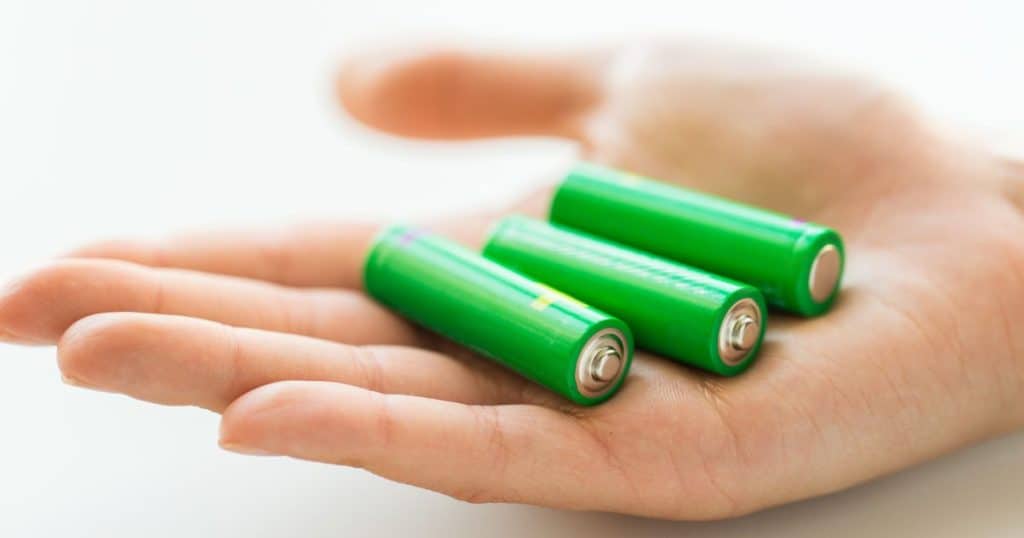
Are you planning a trip and wondering if you can bring your batteries with you on the plane? The answer is yes, but there are some rules you need to follow to avoid any problems during your travels. In this article, we will explore the guidelines set by the Transportation Security Administration (TSA) for carrying batteries on flights, so you can ensure a smooth and hassle-free journey.
General Rules for Carrying Batteries on Flights The TSA allows most batteries in carry-on and checked bags, but there are some restrictions you need to be aware of. Batteries containing lithium metal or lithium-ion must be carried in your carry-on bag, and spare batteries must be packed in your carry-on as well. If you have larger lithium-ion batteries (101-160 Wh) or lithium-metal batteries (2-8 grams), you may carry up to two spares with airline approval. Dry batteries like AA, AAA, C, and D are allowed in both carry-on and checked bags.
Key Takeaways
- You can bring most batteries on flights, but there are restrictions you need to follow.
- Lithium batteries must be carried in your carry-on bag, and spare batteries must be packed in your carry-on as well.
- Dry batteries like AA, AAA, C, and D are allowed in both carry-on and checked bags.
General Rules for Carrying Batteries on Flights
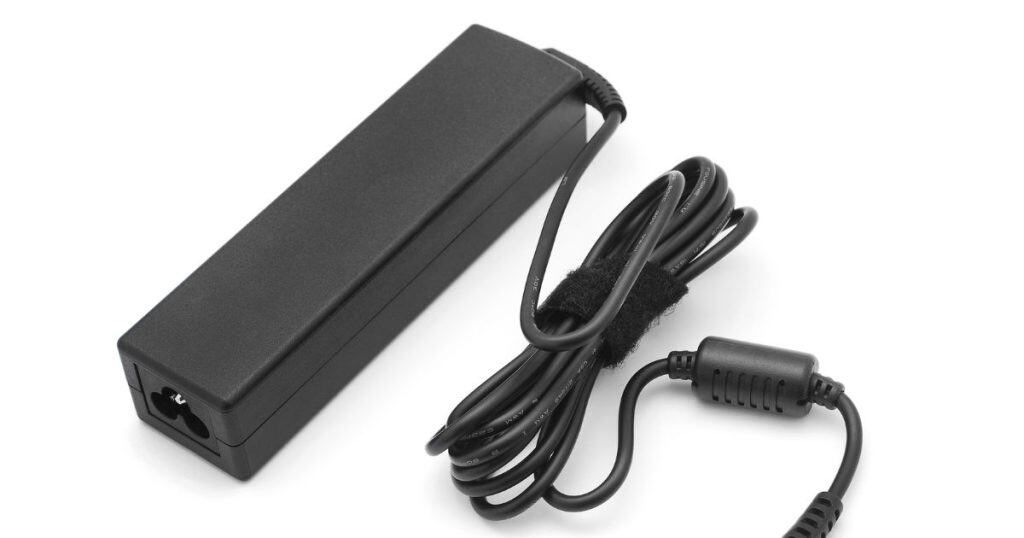
Are you planning to travel with your electronic devices that require batteries? Whether you are a frequent flyer or a first-time traveler, you must know the rules and regulations regarding carrying batteries on flights. The Federal Aviation Administration (FAA) and the Transportation Security Administration (TSA) have strict guidelines for passengers carrying batteries on board. In this section, we will discuss the general rules for carrying batteries on flights.
Firstly, it is important to note that batteries are considered hazardous materials and can pose a risk if not handled properly. Therefore, it is essential to follow the guidelines set by the FAA and TSA to ensure safe travel for yourself and other passengers.
When it comes to carrying batteries on flights, there are two types of baggage – carry-on baggage and checked baggage. Most batteries are allowed in carry-on baggage, but some are prohibited in checked baggage. Spare lithium metal batteries and lithium-ion batteries, electronic cigarettes, and vaping devices are prohibited in checked baggage. They must be carried with the passenger in carry-on baggage.
It is important to note that each airline may have its own rules regarding the number and type of batteries allowed on board. Therefore, it is recommended that you check with your airline before your flight to avoid any confusion or inconvenience.
The TSA officer at the security checkpoint may ask you to remove your batteries from your carry-on baggage during the screening process. Therefore, it is advisable to pack your batteries separately in a plastic bag or a protective case. This will make it easier for the TSA officer to inspect them and reduce the risk of damage to your device.
In conclusion, carrying batteries on flights can be a bit challenging, but following the rules and regulations set by the FAA and TSA will ensure a safe and hassle-free travel experience. Remember to check with your airline for their specific guidelines and pack your batteries separately to make the screening process smoother.
Specific Guidelines for Lithium Batteries
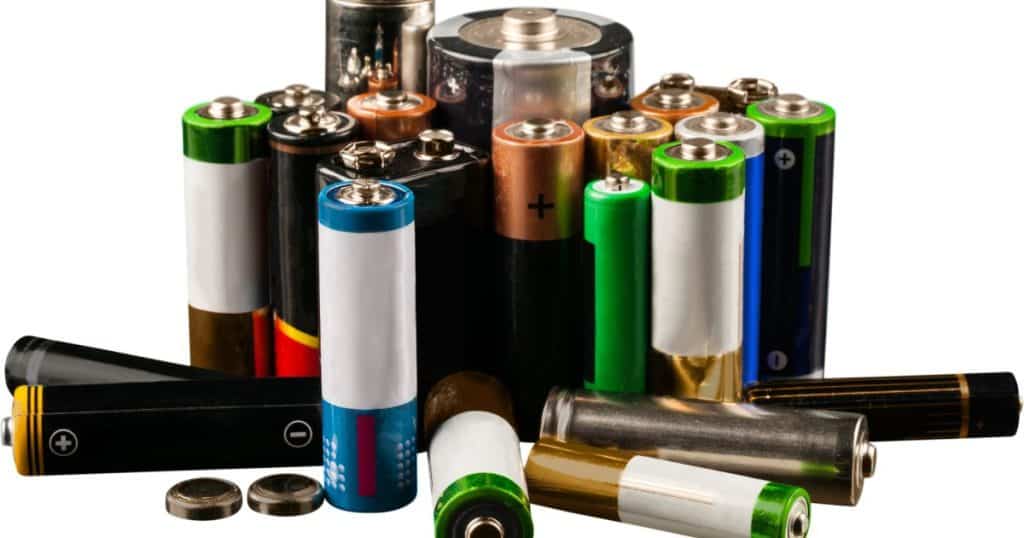
Are you planning a trip and wondering if you can bring your lithium batteries with you? The answer is yes, but there are specific guidelines you need to follow to ensure the safety of everyone on board.
Firstly, it is important to note that lithium batteries are considered hazardous materials because they can overheat and ignite under certain conditions. Therefore, it is crucial to pack them properly to avoid any potential danger.
If you are carrying spare lithium batteries that are not installed in a device, they must be packed in your carry-on luggage only. This is because they pose a higher risk of fire in the cargo hold. However, if you have installed the lithium batteries in your device, you can pack it in either your carry-on or checked luggage.
It is worth noting that lithium metal batteries, including those used in watches and calculators, are limited to two grams of lithium per battery. On the other hand, lithium-ion batteries, which are commonly found in smartphones and laptops, are limited to a rating of 100 watt-hours per battery.
If you have larger lithium-ion batteries that are rated between 101 and 160 watt-hours, you can bring up to two of them with airline approval. However, if you have larger lithium metal batteries, you cannot bring them on board.
In addition, it is important to ensure that your lithium batteries are turned off and protected from accidental activation during your flight. This will help prevent any potential danger and ensure the safety of everyone on board.
In summary, if you are planning to bring lithium batteries on your trip, you must pack them in your carry-on luggage if they are not installed in a device. You should also ensure that they are turned off and protected from accidental activation. By following these guidelines, you can safely bring your lithium batteries with you on your travels.
Guidance for Personal Electronic Devices
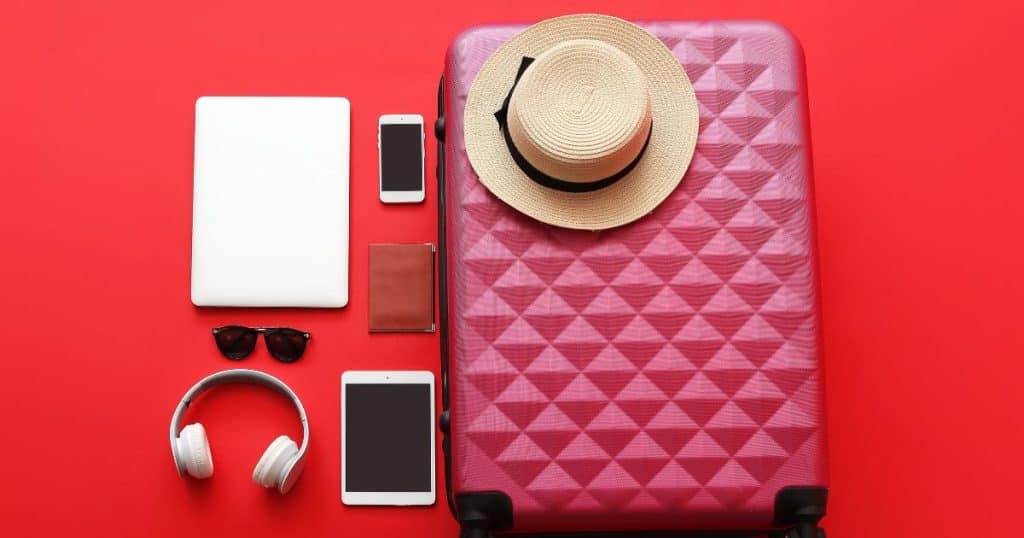
Are you planning a trip and wondering if you can bring your personal electronic devices with you? The good news is that most portable electronic devices containing batteries are allowed in both carry-on and checked baggage. This includes but is not limited to cell phones, smartphones, data loggers, PDAs, electronic games, tablets, laptop computers, cameras, camcorders, watches, and calculators. However, there are some things you should keep in mind when it comes to batteries.
Firstly, spare (uninstalled) lithium metal batteries and lithium-ion batteries, electronic cigarettes, and vaping devices are prohibited in checked baggage. They must be carried with the passenger in carry-on baggage. This is because smoke and fire incidents involving lithium batteries can be mitigated by the cabin crew and passengers inside the aircraft cabin. So, it’s important to keep them close at hand.
When it comes to batteries that are installed in your personal electronic devices, there are some restrictions to keep in mind. For example, lithium batteries with more than 100-watt hours are not allowed in checked bags. However, with airline approval, passengers may carry up to two spare larger lithium-ion batteries (101-160 Wh) or lithium metal batteries (2-8 grams) in their carry-on baggage.
It’s also important to note that battery-powered devices must be protected from accidental activation and heat generation. Damaged or recalled batteries, including when in a device, must not be carried. Batteries must be protected from damage and short circuit. If you are unsure whether a battery is allowed on board, it’s best to check with your airline before you travel.
Finally, it’s worth noting that TSA officers may ask you to power up your electronic device, including cell phones, at the checkpoint. Powerless devices will not be permitted onboard the aircraft. TSA does not read or copy information from your device, so you can rest assured that your privacy is protected.
In summary, most personal electronic devices with batteries are allowed in both carry-on and checked baggage. However, it’s important to keep spare batteries close at hand, protect batteries from damage and short circuit, and make sure that battery-powered devices are protected from accidental activation and heat generation. By following these guidelines, you can travel with your personal electronic devices with confidence.
Handling and Packing Batteries
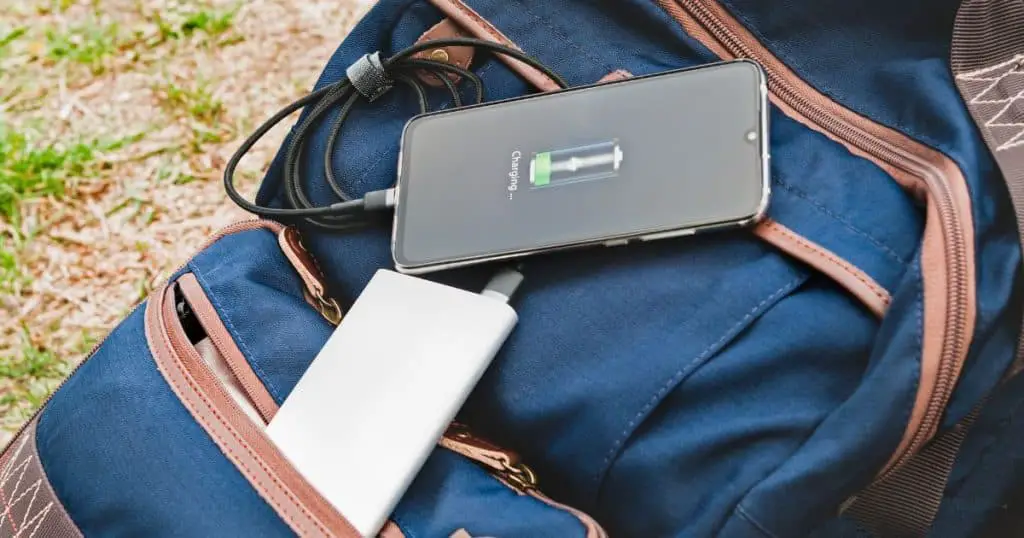
Are you planning to travel and wondering whether you can pack batteries in your carry-on luggage? The good news is that you can bring batteries in your carry-on bags, but there are some regulations you need to follow to ensure your safety and that of other passengers.
Firstly, it’s important to note that spare lithium batteries must be packed in your carry-on luggage only. This is because lithium batteries are considered hazardous materials that can overheat and ignite under certain conditions, and placing them in checked bags increases the risk of fire. However, dry batteries such as AA, AAA, C, and D are allowed in both carry-on and checked bags as long as they are protected from damage and creating sparks or dangerous heat evolution.
When packing batteries, it’s crucial to keep them secure and prevent them from coming into contact with metal objects such as coins, keys, or other batteries. This can be achieved by placing each battery in its own protective case or placing tape over the battery terminals. If you have larger batteries such as those found in after-market extended-life laptop computer batteries or professional audio/visual equipment, you should check with your airline for approval before packing them.
Portable chargers and external battery chargers are also allowed in your carry-on bags, but you must ensure that their watt-hour rating does not exceed 100 watt-hours per battery. If you need to pack larger lithium-ion batteries with a watt-hour rating of 101–160 watt-hours per battery, you are allowed to bring a maximum of two spare batteries in your carry-on bags only with airline approval.
Finally, it’s important to turn off devices containing lithium metal batteries or lithium-ion batteries such as smartphones, tablets, cameras, and laptops, and protect them from accidental activation when packing them in your carry-on or checked bags. You should also pack these devices so that they are protected from damage during the flight.
By following these regulations, you can safely pack your batteries and ensure a hassle-free travel experience.
Are you planning a trip and wondering if you can bring your spare batteries in your carry-on luggage? Well, the answer is not as simple as a yes or no. There are various regulations and exceptions that you need to be aware of before packing your bags. In this section, we will cover some of the miscellaneous regulations and exceptions that you should keep in mind.
Firstly, when it comes to spare batteries, you are allowed to bring them in your carry-on luggage. However, there are some restrictions that you need to follow. The TSA (Transportation Security Administration) allows you to bring up to 100 watt-hours (Wh) of spare batteries in your carry-on luggage. If you have batteries that exceed this limit, you must seek approval from your airline before traveling.
When it comes to electronic devices, such as cell phones and portable rechargers, you are allowed to bring them in your carry-on luggage as well. However, you must ensure that they are turned off during the flight. If you have an airbrush make-up machine, you are allowed to bring it in your carry-on luggage, but you must ensure that it is empty and clean.
If you are carrying alcoholic beverages, you are allowed to bring them in your checked luggage, but there are some restrictions. The alcohol content must not exceed 70% (140 proof), and you are only allowed to bring up to 5 liters per person.
It is also important to note that if you are intoxicated, you will not be allowed to board the flight. Additionally, you are not allowed to bring small arms ammunition in your carry-on luggage. If you have firearms, they must be declared and checked in with your airline.
When it comes to aerosol insecticide, you are allowed to bring it in your checked luggage, but it must be in its original packaging and must not exceed 4 ounces. If you have an air mattress with a built-in pump, you are allowed to bring it in your carry-on luggage, but you must ensure that the heating element is detached and packed separately.
In conclusion, it is important to be aware of the miscellaneous regulations and exceptions when it comes to packing your bags for a flight. By following these regulations, you can ensure a smooth and hassle-free travel experience.
FAQs
What types of batteries are not allowed on airplanes?
There are certain types of batteries that are not allowed on airplanes. These include damaged or recalled batteries, batteries that are leaking or corroded, and batteries that are not properly packaged. Additionally, spare lithium metal and lithium-ion batteries that are not installed in a device are not allowed in checked baggage.
Can I bring AA batteries on a plane?
Yes, you can bring AA batteries on a plane. However, it is important to note that all batteries must be protected from damage and short circuit. You should keep your batteries in their original packaging or place them in a plastic bag to prevent them from coming into contact with other metal objects.
Are alkaline batteries allowed on planes?
Yes, alkaline batteries are allowed on planes. These types of batteries are not considered hazardous materials and can be packed in your carry-on or checked baggage.
Can I take lithium batteries on a plane?
Yes, you can take lithium batteries on a plane. However, there are certain restrictions that you need to be aware of. Lithium-ion and lithium-metal batteries that are installed in a device can be packed in your carry-on or checked baggage. Spare lithium batteries must be packed in your carry-on baggage only, and they must be protected from damage and short circuit.
How do you carry batteries on a plane?
When carrying batteries on a plane, it is important to keep them in their original packaging or place them in a plastic bag to prevent them from coming into contact with other metal objects. Additionally, you should keep your batteries in your carry-on baggage, as opposed to your checked baggage, to prevent damage or short circuit.
What happens if you have a lithium battery in your checked luggage?
If you have a lithium battery in your checked luggage, it could potentially cause a fire or explosion. For this reason, spare lithium batteries must be packed in your carry-on baggage only. If your carry-on baggage is checked at the gate or planeside, you must remove spare lithium batteries, electronic cigarettes, and vaping devices and keep them with you in the aircraft cabin.
Now that you have a better understanding of what types of batteries are allowed on airplanes and how to properly pack them, you can travel with peace of mind knowing that you are following the rules and regulations set forth by the FAA and TSA.

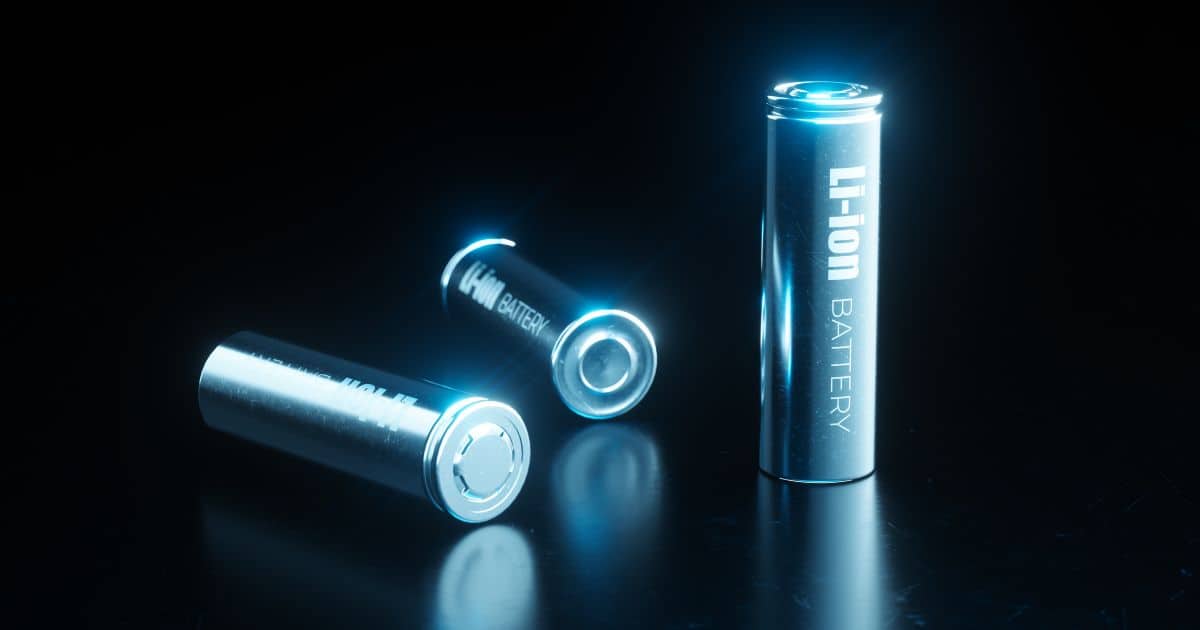
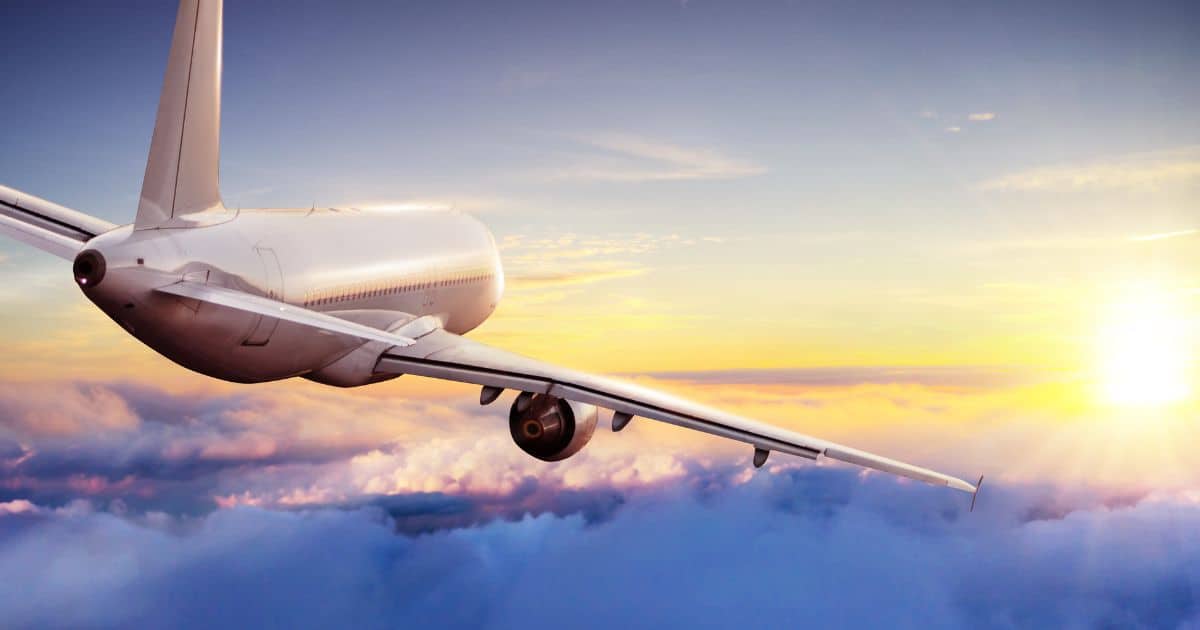
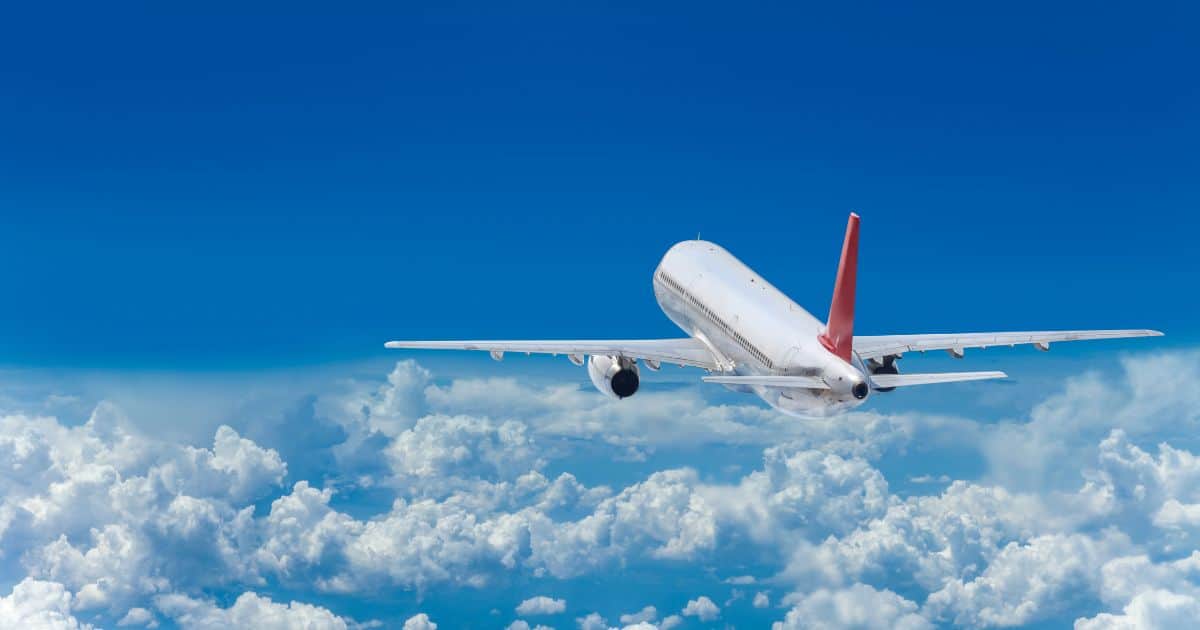
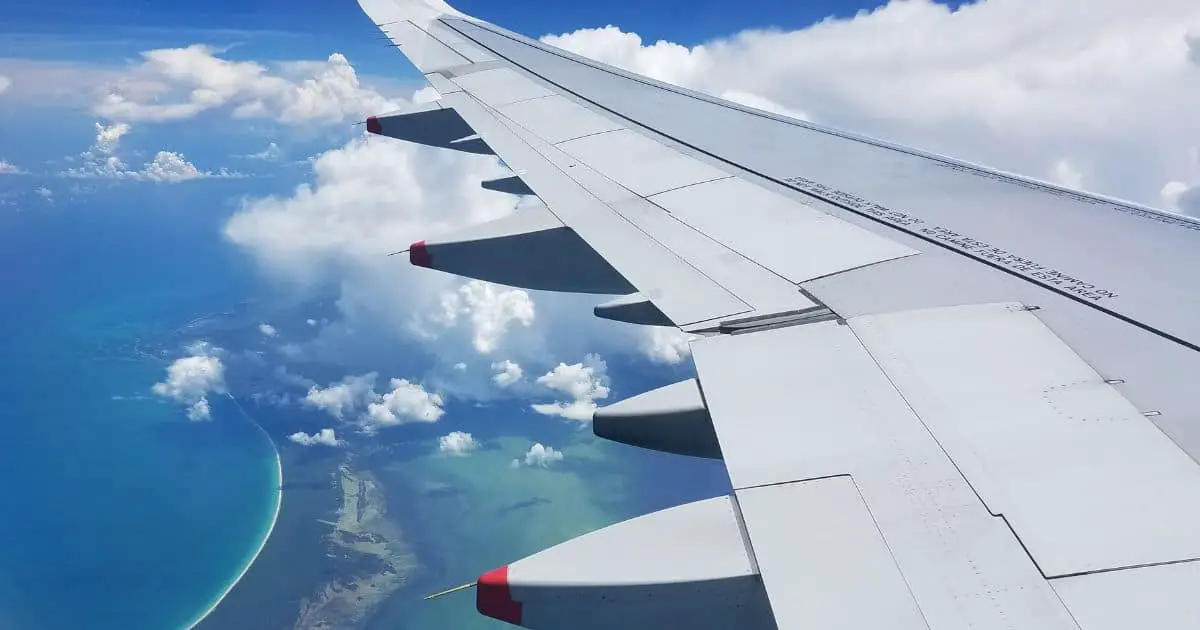
Leave a Reply